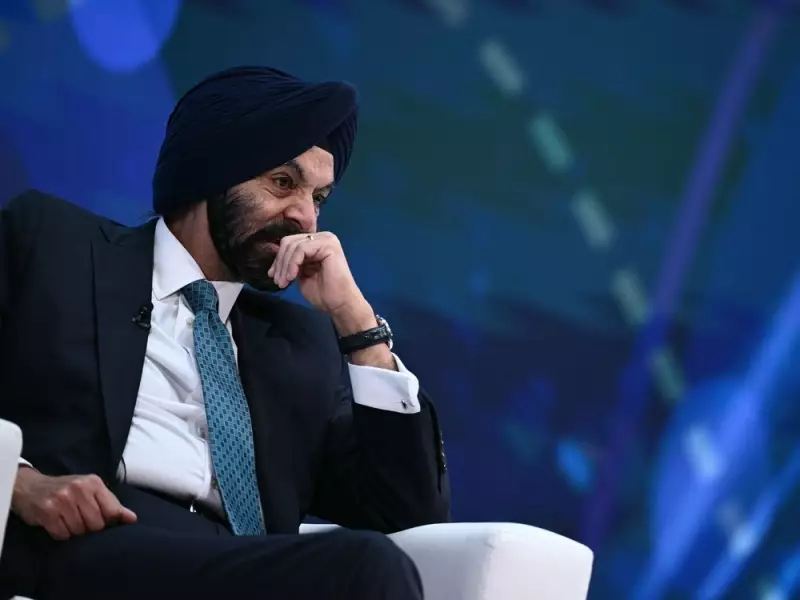
The World Bank has lost its way, according to prominent policy researcher Bjorn Lomborg. In a compelling critique, he argues that the institution's overwhelming focus on climate change is diverting crucial resources away from its fundamental mission: lifting people out of poverty.
The Shift in Priorities
Lomborg points to startling statistics that reveal the World Bank's changing direction. The institution now allocates a staggering 41% of its total lending to climate-related projects. This represents a dramatic increase from previous decades and signals a fundamental shift away from core development goals.
"The World Bank was created to fight poverty," Lomborg emphasizes. "Yet today, it seems more concerned with being a climate bank than fulfilling its original purpose."
The Human Cost of Climate Focus
This reallocation of resources comes with real human consequences. Lomborg presents compelling evidence that basic, proven interventions could save millions of lives if properly funded:
- Tuberculosis treatment could save 700,000 lives annually
- Expanding immunization programs could prevent 600,000 childhood deaths each year
- Improving maternal and newborn health could save 300,000 mothers and 1.5 million infants yearly
"These aren't hypothetical benefits," Lomborg states. "These are real people who could be saved with interventions we know work."
Questionable Climate Returns
The climate projects receiving massive funding often deliver minimal environmental benefits, according to Lomborg's analysis. Many initiatives focus on reducing emissions in developing countries that contribute little to global warming while costing billions.
"Spending vast sums on marginally reducing emissions in poor countries makes for good headlines but delivers little actual climate benefit," he argues. "Meanwhile, fundamental needs go unmet."
A Call for Balanced Approach
Lomborg isn't suggesting the World Bank ignore climate change entirely. Rather, he advocates for a more balanced approach that addresses immediate human suffering while gradually building resilience to environmental challenges.
He proposes three key reforms:
- Refocus on core mission - Make poverty eradication the primary objective
- Measure real impact - Evaluate projects based on tangible human benefits
- Balance priorities - Address climate concerns without sacrificing poverty reduction
The Path Forward
The solution, according to Lomborg, lies in recognizing that economic development and climate adaptation go hand-in-hand. Wealthier societies are better equipped to handle environmental challenges.
"By helping countries develop economically first, we actually create societies that can better afford and implement effective climate solutions," he explains. "Putting the cart before the horse helps no one."
As the World Bank continues its climate-heavy lending strategy, Lomborg's analysis serves as a crucial reminder that the institution's success should be measured in lives improved, not just carbon reduced.





